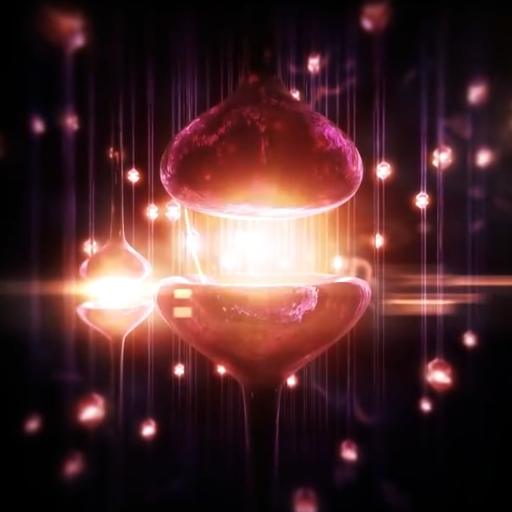The Self: Difference between revisions
| Line 5: | Line 5: | ||
The reality, however, seems to be strikingly different. Far from being a moment of jubilation, most people’s reaction upon hearing or reading about the notion that we are an ever-changing feedback loop of experience is one of apathy and absent-mindedness. They can often logically acknowledge the significance and scientific accuracy of what they’ve just discovered but still find themselves in a state of placid confusion, often wondering if this understanding is supposed to make them fundamentally rethink who they think they are or if it is just a particularly interesting insight that does not necessarily call for a change of paradigm. | The reality, however, seems to be strikingly different. Far from being a moment of jubilation, most people’s reaction upon hearing or reading about the notion that we are an ever-changing feedback loop of experience is one of apathy and absent-mindedness. They can often logically acknowledge the significance and scientific accuracy of what they’ve just discovered but still find themselves in a state of placid confusion, often wondering if this understanding is supposed to make them fundamentally rethink who they think they are or if it is just a particularly interesting insight that does not necessarily call for a change of paradigm. | ||
Interestingly, this ineptitude to recognize the reality of our true self does not seem to be rooted in narrow-mindedness or dogmatism, but rather on a fundamental misunderstanding regarding consciousness that we are deeply conditioned with. A fallacy that most of us never verbalize or are even aware of and that sits at the heart of our misconceptions regarding our experience. | |||
==Environment is part of us== | ==Environment is part of us== | ||
Revision as of 11:16, 29 April 2024
You inside the brain
When we look at the course of evolution, wherein we have been promoted from biological machines to self-aware beings, capable of observing and dissecting the patterns of our own existence, it would almost seem as if this was the plan all along. While evolution has no goal in itself, the idea that we have been made self-aware to come to a point where we are now able to understand the true nature of what we are seems rather compelling and inspiring.
It would then follow that, considering our ingrained biological drive to understand ourselves, we would be naturally eager to make sense of and moreover adopt any new relevant scientific understanding of what we are.
The reality, however, seems to be strikingly different. Far from being a moment of jubilation, most people’s reaction upon hearing or reading about the notion that we are an ever-changing feedback loop of experience is one of apathy and absent-mindedness. They can often logically acknowledge the significance and scientific accuracy of what they’ve just discovered but still find themselves in a state of placid confusion, often wondering if this understanding is supposed to make them fundamentally rethink who they think they are or if it is just a particularly interesting insight that does not necessarily call for a change of paradigm.
Interestingly, this ineptitude to recognize the reality of our true self does not seem to be rooted in narrow-mindedness or dogmatism, but rather on a fundamental misunderstanding regarding consciousness that we are deeply conditioned with. A fallacy that most of us never verbalize or are even aware of and that sits at the heart of our misconceptions regarding our experience.
